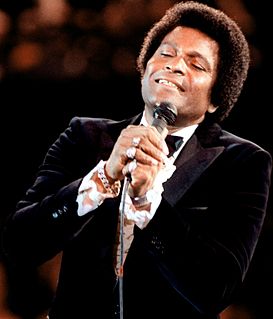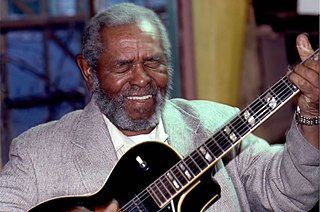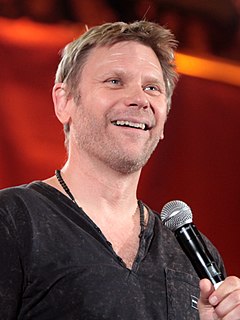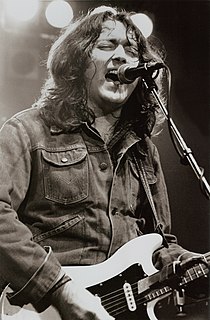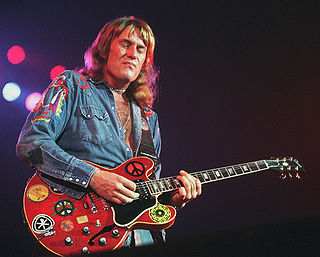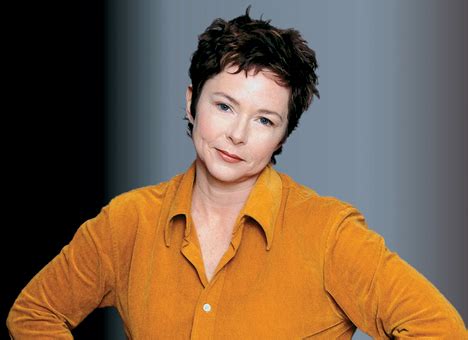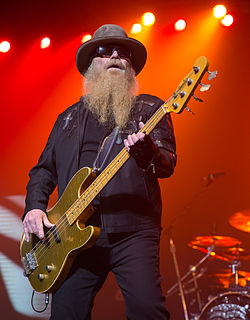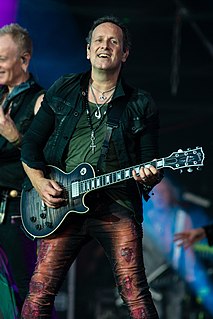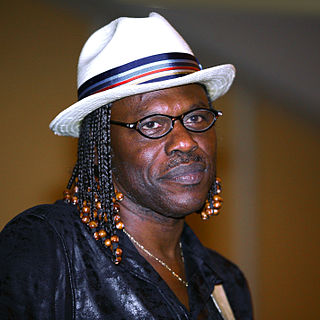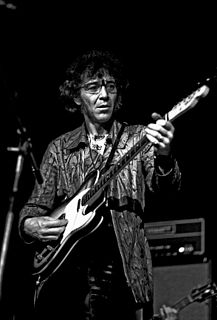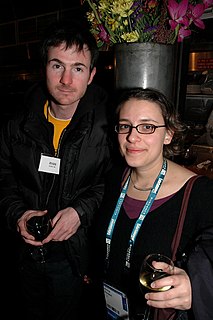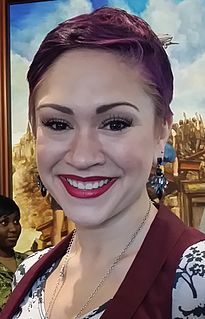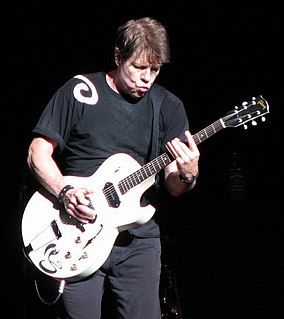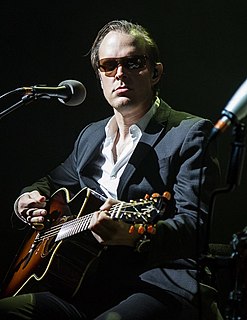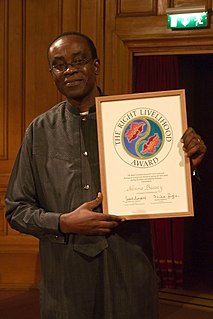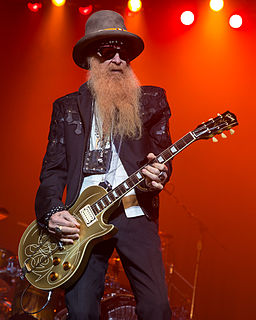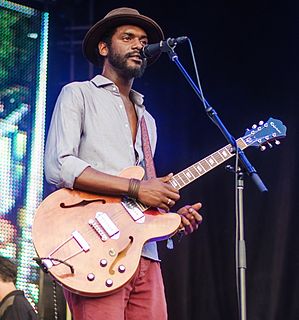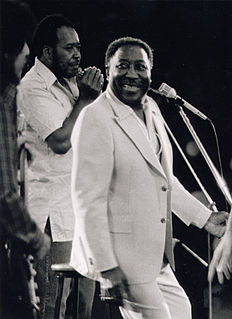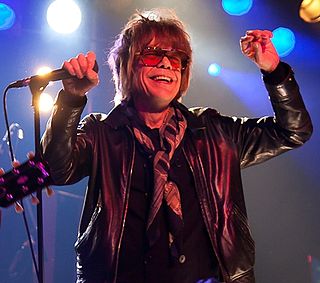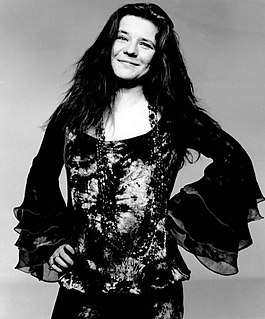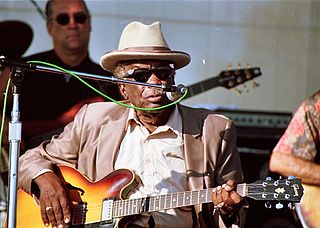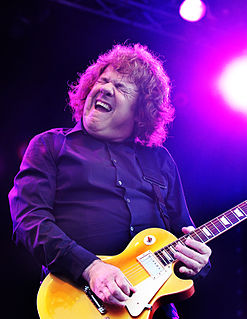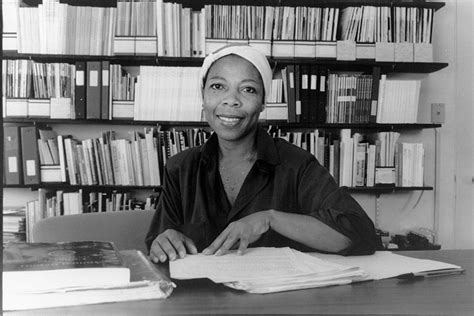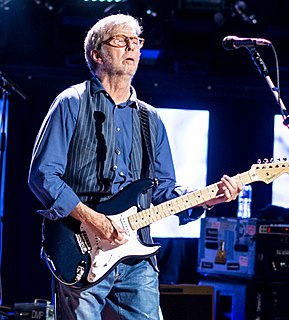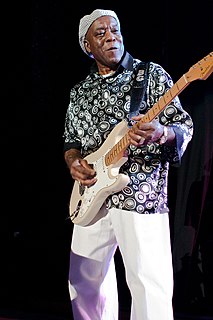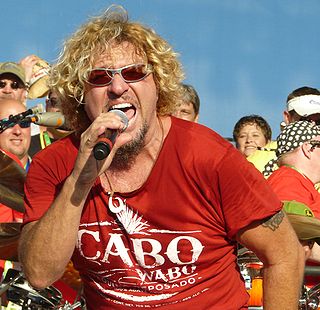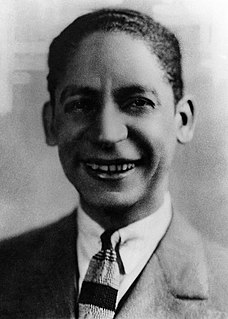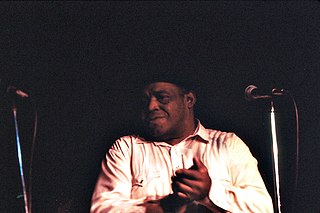Top 1200 Delta Blues Quotes & Sayings - Page 4
Explore popular Delta Blues quotes.
Last updated on April 17, 2025.
Gary Burnetts office is shelved with theological books, guitars fill the floor, and the drawers are crammed with CDs. In The Gospel According to the Blues, Gary brings his vocation as a New Testament teacher together with his passion for the blues and gives the reader scholarly knowledge and wise insight.
With Free, we had phased out all of the blues material and wanted to phase in all original material, and the only song that stayed from our blues past was 'The Hunter' by Albert King. People just loved that. And I said, 'We have to write a song that will top that - otherwise, what are we doing here?' That was the birth of 'All Right Now.'
The early years when I was starting, blues player, you wasn't always welcome in a lot of the other places. People usually have preconceived ideas about blues music. They always feel that it's depressing and that it's just something that a guy sit out on a stool, grab a guitar, and just start singing or mumbling or whatever.
The blues are important primarily because they contain the cultural expression and the cultural response to blacks in America and to the situation that they find themselves in. And contained in the blues is a philosophical system at work. And as part of the oral tradition, this is a way of passing along information.
The blues is an impulse to keep the painful details and episodes of a brutal experience alive in one's aching consciousness, to finger its jagged grain, and to transcend it, not by the consolation of philosophy but by squeezing from it a near-tragic, near-comic lyricism. As a form, the blues is an autobiographical chronicle of personal catastrophe expressed lyrically.
Whenever I was in the dressing room on my own, I'd start playing blues to myself. One night, Bob Daisley, the bass player, came in and said, 'You know, Gary, you should make a blues album next. It might be the biggest thing you ever did.' I laughed. He laughed, too. But I did, and he was right, and it was.
But black folks have never really been optimists. We've been prisoners of hope, and hope is qualitatively different from optimism in the way that there's a difference between The Blues and Lawrence Welk. The Blues and Jazz have to do with hope while the other is sugarcoated music which has to do with sentimental optimism.
